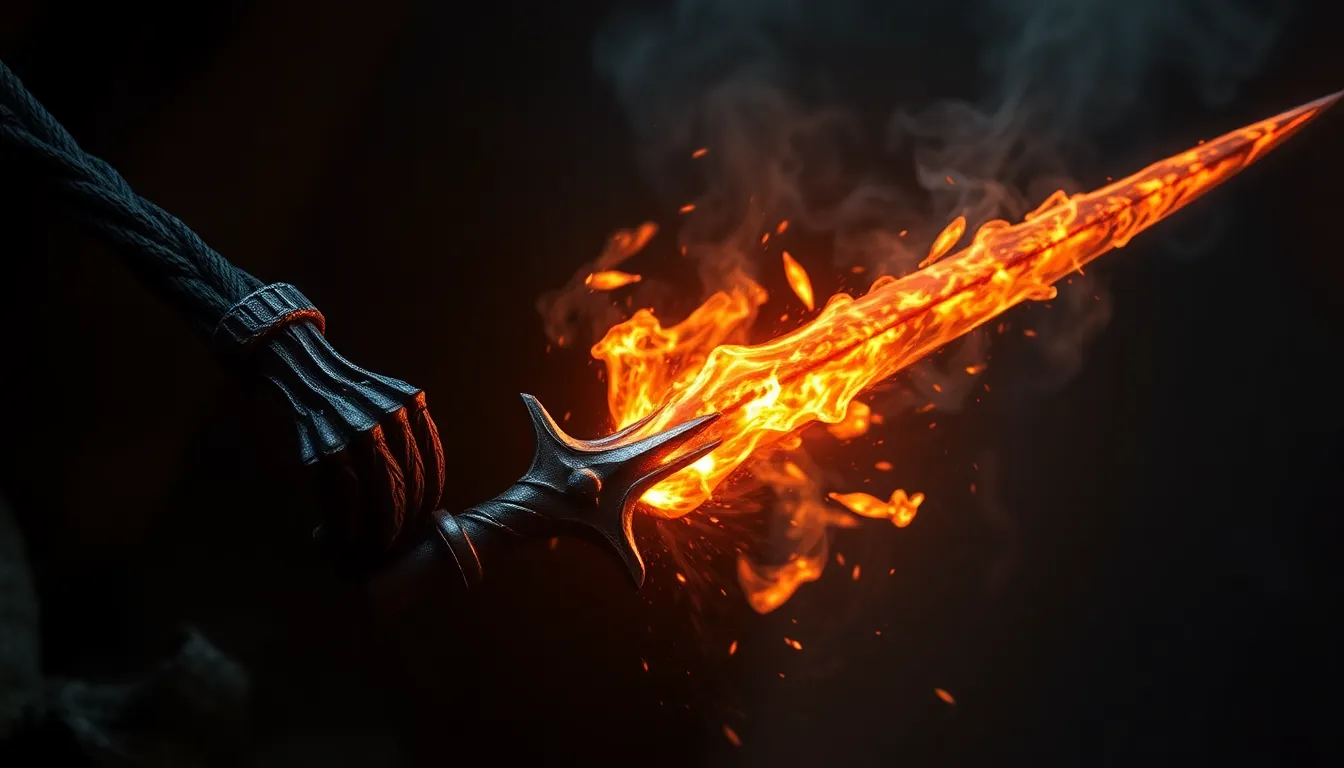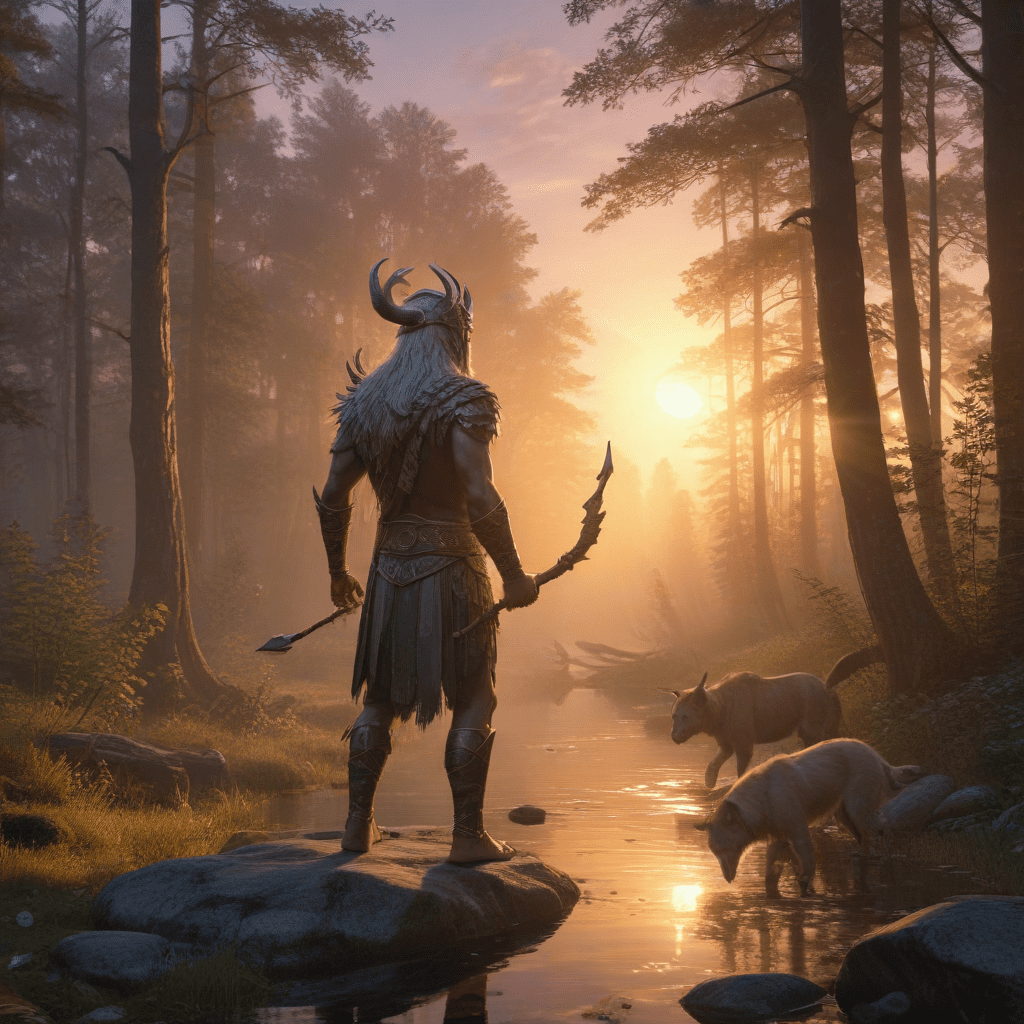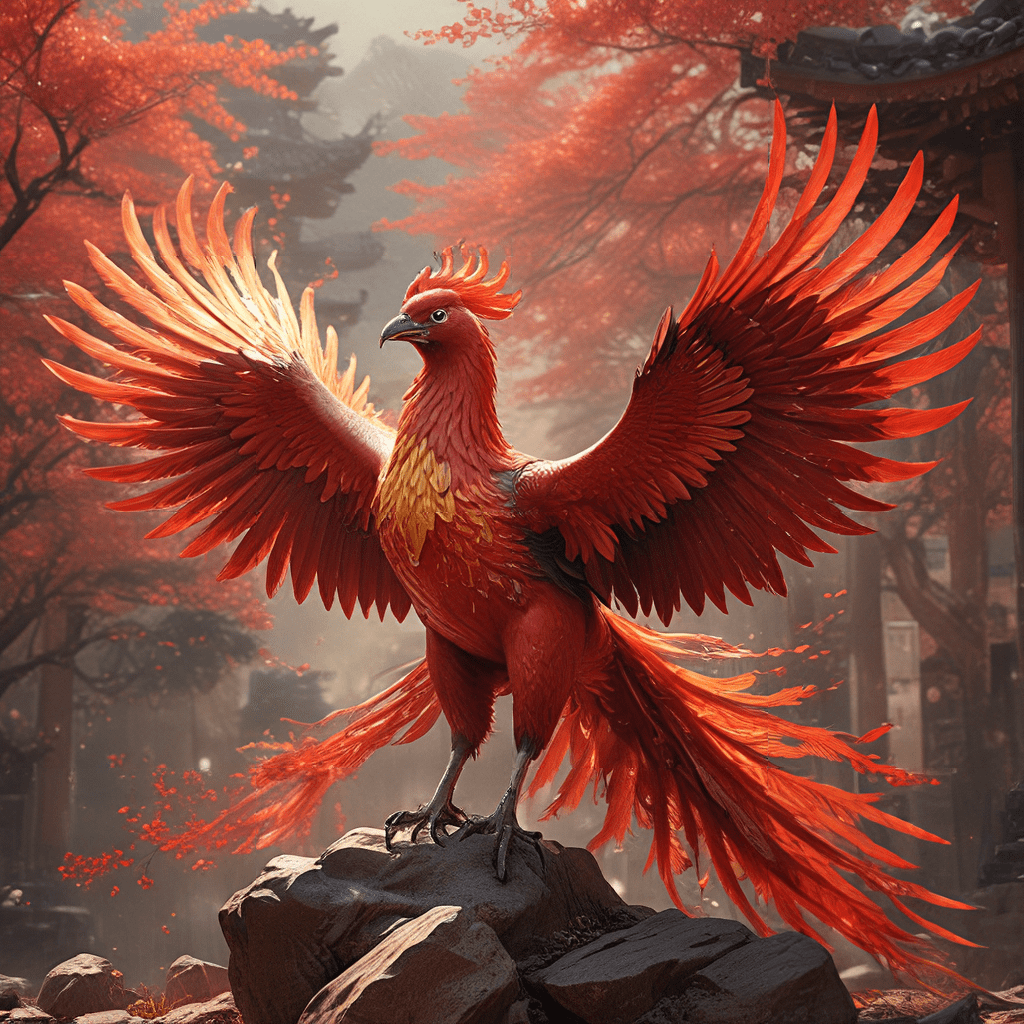The Craft of the Gods: How Mythological Weapons Were Forged
1. Introduction to Mythological Weapons
Mythological weapons are powerful artifacts featured prominently in the folklore and legends of various cultures around the world. These weapons often symbolize the might of gods and heroes, embodying their virtues and missions. From the legendary swords of ancient heroes to the enchanted bows of divine archers, these weapons not only serve as tools of war but also as symbols of moral and spiritual significance.
2. The Origin of Mythological Weapons
Throughout history, many cultures have attributed the creation of their most revered weapons to divine beings. These mythic narratives often explain how the gods intervened in human affairs, crafting weapons imbued with extraordinary powers.
- Greek Mythology: In Greece, the god Hephaestus, the blacksmith of the gods, is credited with forging weapons like Zeus’s thunderbolts and Achilles’s shield.
- Norse Mythology: The hammer Mjölnir, wielded by Thor, was forged by the dwarven brothers Sindri and Brokkr, showcasing the collaboration between gods and skilled craftsmen.
- Hindu Mythology: In Hindu tales, the Bow of Rama, made by the celestial craftsman Vishwakarma, symbolizes the hero’s duty and righteousness.
3. The Artisans Behind the Craft
Legendary blacksmiths and craftsmen play crucial roles in the creation of mythological weapons. These artisans are often depicted as possessing extraordinary skills and divine inspiration.
- Hephaestus: The Greek god of fire and metallurgy, Hephaestus is known for his exceptional craftsmanship and his workshop located beneath Mount Olympus.
- Wayland the Smith: In Germanic and Norse legend, Wayland is a master smith whose creations include swords and magical artifacts, representing the pinnacle of craftsmanship.
The relationship between these artisans and the gods is often characterized by a blend of reverence and autonomy, as they channel divine inspiration into their creations.
4. Materials of the Divine: What Were Mythological Weapons Made From?
The materials described in mythological accounts of weaponry often transcend earthly substances, suggesting a connection to the divine. These materials not only enhance the weapons’ effectiveness but also imbue them with deeper meaning.
- Celestial Metals: Many mythological weapons are said to be forged from metals that have divine properties, such as adamantine or celestial gold.
- Enchanted Wood: Weapons like the Bow of Rama are crafted from sacred trees, representing harmony with nature and the divine.
These materials symbolize power, purity, and the connection between the mortal realm and the divine.
5. Techniques and Processes of Forging in Mythology
The processes described in myths regarding weapon forging often involve mystical elements that elevate the act beyond mere craftsmanship. These techniques contrast with historical blacksmithing methods, which, while skilled, lacked the divine dimensions of mythological creation.
- Divine Fire: Weapons are often forged in fires that are said to be lit by celestial beings, granting them unique properties.
- Enchantments: Many weapons are imbued with spells during their creation, ensuring they possess extraordinary abilities, such as unbreakability or the ability to summon storms.
6. Famous Mythological Weapons and Their Stories
Several mythological weapons have become iconic symbols of power and heroism throughout history. Their stories are woven into the fabric of cultural narratives.
- Excalibur: The legendary sword of King Arthur, Excalibur symbolizes rightful sovereignty and is often associated with magical properties.
- Mjölnir: Thor’s hammer, known for its destructive power and ability to return to its wielder, represents protection and the might of the thunder god.
- The Bow of Rama: This bow, wielded by the hero Rama in the Ramayana, symbolizes virtue and is central to his quest to rescue Sita.
7. The Purpose and Power of Mythological Weapons
Mythological weapons often serve specific purposes that reflect the values and beliefs of the cultures from which they originate. They embody ideals such as justice, protection, and conquest.
- Protection: Weapons are often designed to defend the innocent and uphold justice.
- Conquest: Many weapons symbolize the power to conquer evil or chaotic forces.
- Justice: These weapons are frequently associated with the restoration of order and moral righteousness.
8. Mythological Weapons in Modern Popular Culture
The influence of mythological weapons extends beyond ancient texts into contemporary literature, films, and video games. Their enduring appeal continues to inspire creators and audiences alike.
- Literature: Many modern novels draw inspiration from mythological weapons to explore themes of power and morality.
- Films: Movies like Thor and King Arthur: Legend of the Sword feature these legendary artifacts as central plot elements.
- Video Games: Games such as God of War and The Legend of Zelda incorporate mythological weapons, allowing players to engage with these rich narratives.
9. The Legacy of Mythological Weapons
Mythological weapons have played a significant role in shaping cultural identities and narratives throughout history. Their stories resonate with themes of heroism, sacrifice, and the struggle between good and evil.
As these tales are passed down through generations, they continue to impact modern society, reminding us of our shared heritage and the values we hold dear.
10. Conclusion: The Enduring Fascination with Mythological Weapons
The craft of forging mythological weapons captivates the imagination, as these artifacts embody the intersection of human creativity and divine influence. Their stories, steeped in cultural heritage, remain relevant today, encouraging us to reflect on the values they represent.
As we preserve these narratives, we ensure that future generations can continue to explore the rich tapestry of human mythology and its profound significance in our lives.



